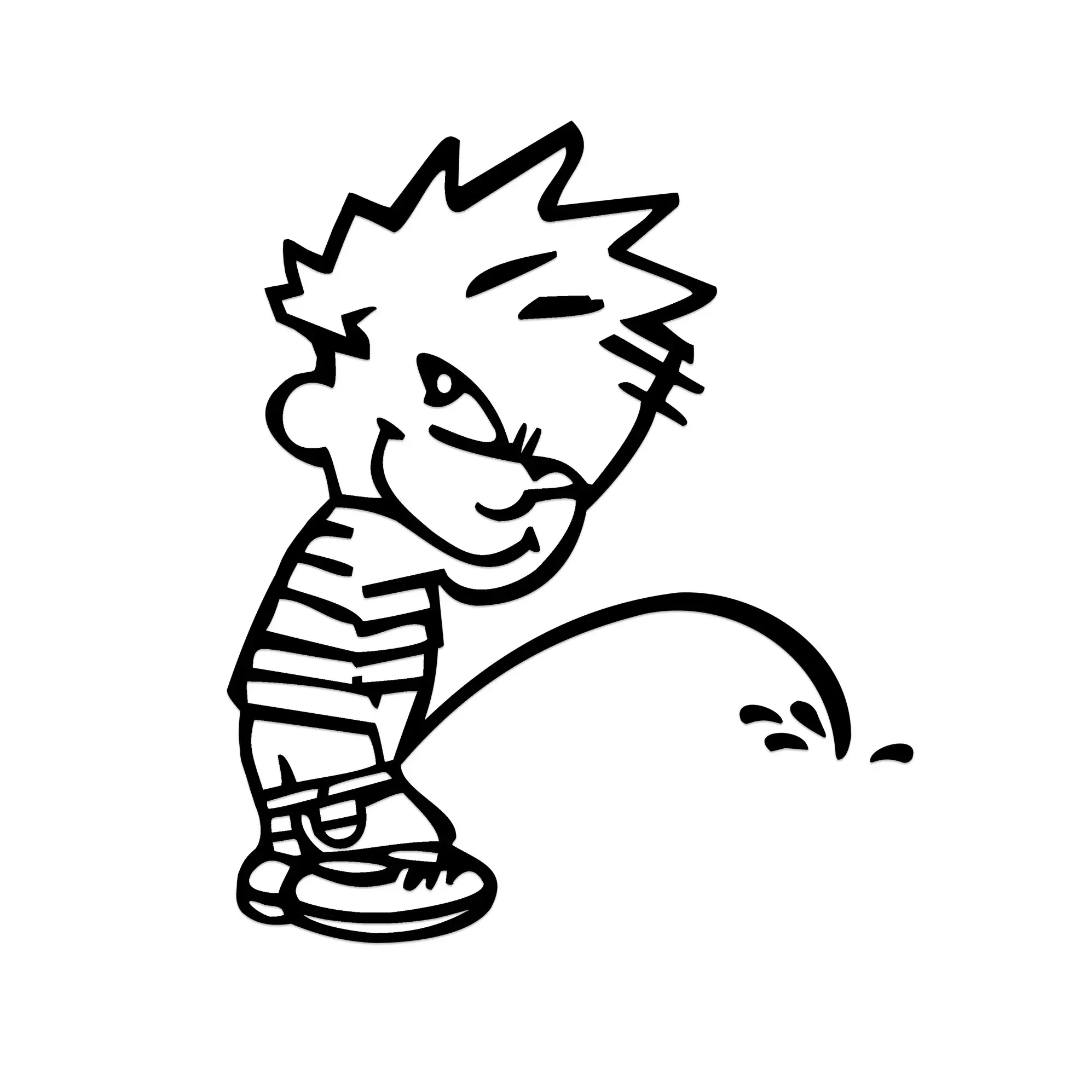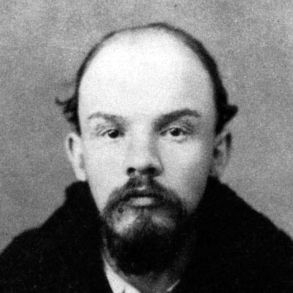https://platypus1917.org/2012/05/01/liberalism-and-marx-domenico-losurdo/
settlers were protected by military forts and soldiers on the frontier that enforced private property rights.
the logic of private property rights also turned those settlers into capitalist cogs who carried out their expropriation with the understanding that their land deeds would be backed by the force of the capitalist state.
This is true, but the cause and effect was not always uniform. Often the federal military presence happened because settlers would encroach on native lands and then plea to the federal government for support when they bit off more than they could chew.
Which was a constant resource strain for the central government. That’s why the crown and later the federal government tried to put limits on westward expansion. It wasn’t out of some respect for the natives, it was because enforcing the settlements was costly both from a real dollar perspective as well as manpower.
often the federal military presence happened because settlers would encroach on native lands and then plea to the federal government for support when they bit off more than they could chew.
This is an often forgotten element of Laura Wilder's famous frontier novel "Little House on the Prairie". The Wilder family, and a number of other settler families, were attempting to squat Osage Nation land, their belief was that while their actions were technically illegal the US government would eventually take their side and let them keep the land.
Turns out they were wrong, their presence caused political tensions with the Osage and other plains tribes so the US Army was sent to evict them.
Also worth noting, Laura Wilder's books were just meant as personal memoirs, she was more known in her life for writing gardening and cooking guides. Her frontier stories were largely promoted by her daughter Rose Wilder Lane who was a hardcore libertarian and friend of Ayn Rand, and openly promoted the books as a showcase of the nobility of frontier life.
once you get the ball of capitalist social relations rolling downhill, it can be hard to stop. it's a self-reinforcing system: steal peoples land, make them poor, tell them they can stop being poor by owning land so they go steal other people's land that aren't under the regime of private property and the state.
some day this will run out of steam. I hope.
I mean when its moving fastest would be in fascism, no? The social relations of capital push harder and harder to a point where a state moves to consuming its own fragmentable populace, and then also pushes to expand it borders militarily to accomodate that civil society.
I dint know it transforms everything at its borders into a part of itself pretty damn quickly.
maybe the edge of capitalism is always fascist?
I think its always imperialist, given that its one class in a nation aggressing against another nation while in a fascist sense its all happening in one nation. when it cant expand itself and relieve its social tensions in directs those forces inward, cannibalizing itself.
exactly, the state created the "civil society" being discussed, the "rule of law" is even generally regarded by civil society to include the protection of capitalist factories and the enforcement of the landlord's due. the idea that this civil society would continue past the withering away of the rule of law seems like quite a leap.
I think there's some semantics going on here that's debatable. Lenin describes "the state" as a body that exists to oppress one class in the service of another class, whether that be bourgeois against proletariat, or vice versa. Gramsci describes "the state" as a body that mediates conflict between the classes, but almost always favors one class over the other in those meditations, but a good mediator cannot function while totally favoring one side, hence why bourgeois state do often do small things that benefit the working class. Under both these descriptions, full communism would be stateless since class divisions would be abolished.
Now I suppose there is a debate to be had whether in this post-class society we'd still need some sort of administrative apparatus to mediate conflicts between individuals and to regulate anti-social behaviors, and whether that could be called "a state" depending on your definition.
Right, even if humanity manages to move past class society, there will still be need for administrative institutions. The need for organization, and conflict resolution exists independent of social classes. The key point Losurdo is making though is that is that such organizations aren't generally the key source of oppression and injustice in society.
Right, I think Gramsci's framing is the best, the state is a mediator between classes, but one that is HIGHLY biased towards the bourgeois. Most oppression happens via your boss or landlord, who usually have the backing of the state. However, there's plenty of instances of the state telling the bourgeois they've overplayed their hand and need to pay up. I've had two occasions of real estate court ruling in my favor against a shitty landlord, the government does sometimes punish corporations for dumping carcinogenics in the water supply. If the didn't the class contradictions would become too blatant and revolt would ensue.
Agreed, I think the idea of the state as a mediator is the most accurate formulation. It's also worth noting that the state doesn't just resolve conflict between classes, but within classes as well. For example, when capitalists can't agree on something they use the legal system to resolve differences.
this is very cool and i like this. I've never thought of it like that before. That part about american settlers though is pretty thought provoking.
In the final analysis, the state is an organ of class rule. But a class which must rely on the naked power of state coercion to rule in the first analysis as well, is one living in a state of siege, rebellion, war or revolution. As such, the State strives to rule through consent and neutralize the class conflict which would otherwise tear it apart, and does so by appearing to be a power standing above society, which mediates class conflicts and keeps them within the bounds of order.
However, as much as it is an institution for the enforcement of a Capitalist mode of production, the Liberal state cannot appear to be impartial and just, without in on occasion being just by checking the most blatant and hypocritical excesses of unrestrained Capitalists. This is discussed in part by E.P. Thompson:
If the law is evidently partial and unjust, then it will mask nothing, legitimize nothing, contribute nothing to any class's hegemony. The essential precondition for the effectiveness of law, in its function as ideology, is that it shall display an independence from gross manipulation and shall seem to be just. It cannot seem to be so without upholding its own logic and criteria of equity; indeed, on occasion, by actually being just.
The rhetoric and the rules of a society are something a great deal more than sham. In the same moment they may modify, in profound ways, the behaviour of the powerful, and mystify the powerless. They may disguise the true realities of power, but, at the same time, they may curb that power and check its intrusions
As someone working in a free legal clinic serving low-income clients I see this daily. I fully appreciate the ways in which laws and state institutions -in my jurisdiction- provide real protections to workers against their bosses, tenants against landlords, and consumers against corporations. However, at the same time I cannot lose sight of the fact that in every excess of Capitalism that the state shields the working class from, the state enforces the class-domination from which it arises; class-domination whose other (legal) immiseration are protected by state power.
Think of it like this, if the state is the expression of power by one class in order to manage the conflict of the powerless class or classes then what will the state do when there is no class but the working class? Menial bureaucratic stuff for the basic management of resources. We could argue it would be a "state" in some form and I'm fine with that. It would not look much like the state we have now. After it has "withered away" it will by it's nature transform into something we can only begin to comprehend but to the people who experience it will seem like a natural evolution of it.
Additionally, the thing in which the person quoted says about settlers and their activities is absolutely actions by the state. The state empowers a group and that group then enacts the will of the state. Those are state actors. It is important to understand that the "state" and the "government" are not one and the same. The government is always the state. The state is much much more than the government.





